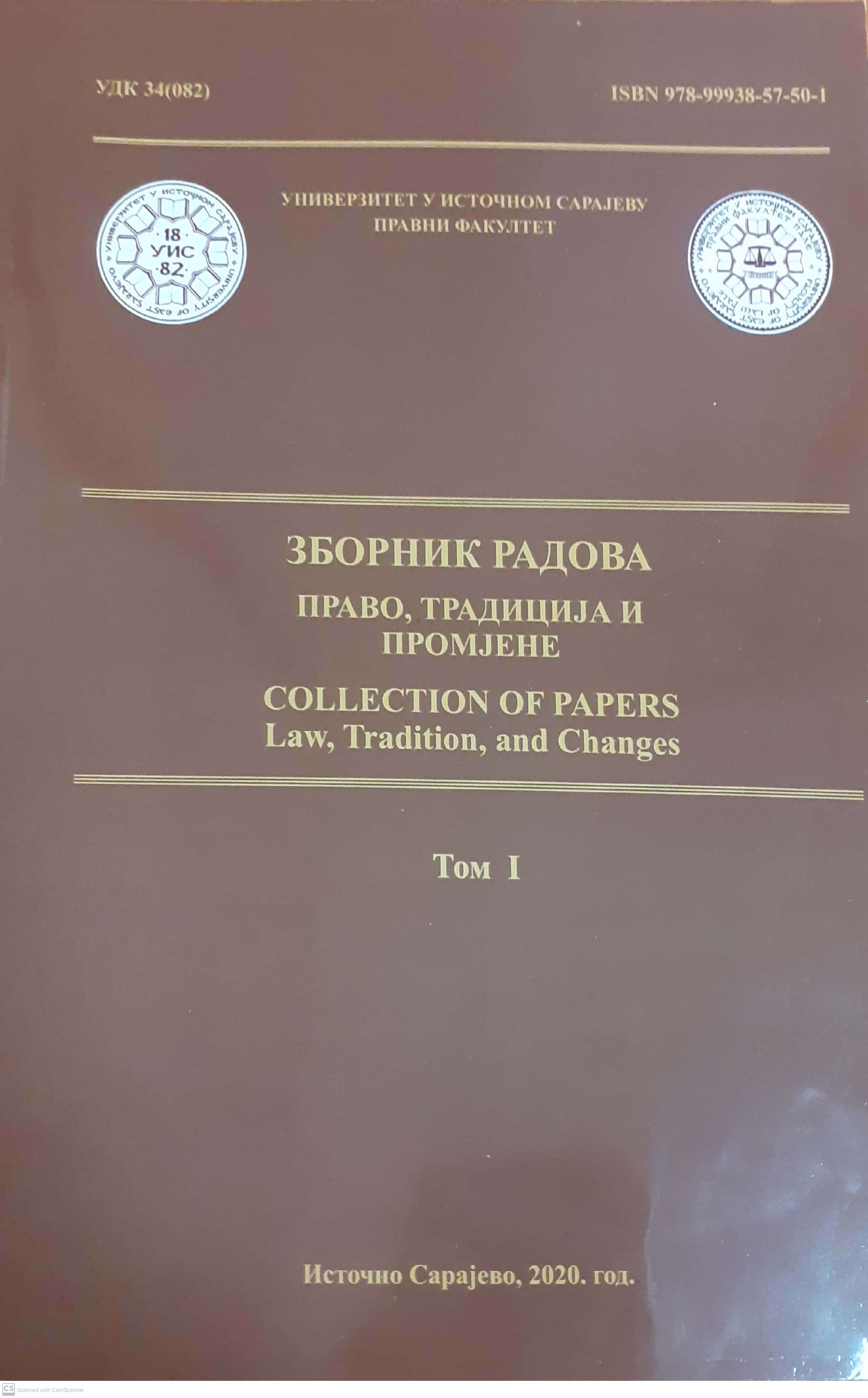Принцип суверенитета и Међународни кривични трибунал за бившу Југославију и Руанду
The Principle of Sovereignty and the International Criminal Tribunals the Former Yugoslavia and for Rwanda
Author(s): Milenko Kreća
Subject(s): Criminal Law, International Law
Published by: Правни факултет Универзитета у Источном Сарајеву
Keywords: Sovereignity;International Criminal Tribunal for the former Yugoslavia;International Criminal Tribumal for Rwanda;
Summary/Abstract: The author considers the issue of relationship between the principle of sovereignty and the ICTY and the CTR on two levels: i) the establishment of the ICTY and ICTR in the light of the principle of sovereignty and ii) the rules of international criminal law as applied by Tribunals and the principle of sovereignty. He finds that the establishment of the ICTY, in contrast to the establishment of ICTR, represented violation of the judicial sovereignty of FR of Yugoslavia, since it strongly opposed its establishment. He also notes that adoption of the Law on cooperation with ICTY by State Union of Serbia and Montenegro means recognizing the Tribunal as a legal institution, but of limited scope per se serving as a basis for competent domestic agencies to cooperate with the Tribunal. The author holds that, in the light of relevant rules of international law, the purported legality of the Tribunals can be challenged on a number of grounds:
- The establishment of the ad hoc tribunals cannot be considered as one of the measures to be taken under Chapter VII of UN Charter;
-Security Council, as executive organ of the UN, is constitutionally incapable of creating a judicial organ which cannot be subsidiary organ of the Security Council in terms of independence and impartiality, being, per definitionem, under the authority of an executive organ;
-Principle compètence de la compètence is incapable as a functional norm to form the basis of jurisdiction of the Tribunal per se as advocated by the ICTY in Tadic case. As regards the law applied, author considers that the Tribunals well exceeded the task of judicial organ defined by the dictum of the International Court of Justice. The Court states that „a court of law, cannot render judgment sub specie legis ferendae or anticipate the law before the legislator has laid it down (Fisheries Jurisdiction case). Exempli causa, the ICTY and the ICTR perception of custom as one of the main sources of international criminal law is highly innovative, going well beyond the generally accepted conception of custom. It is based on the predominant role of opinio iuris, often satisfied with extremely limited case law - mainly decisions of municipal courts. Moreover, „many a chamber of the ad hoc Tribunals have been too ready to brand norms as customary, without giving any reason or citing any authority...“ (Mettraux). Perception of the destruction of the protected group, as determinative element of the crime of genocide, is destruction in social terms rather than in physical and biological terms. As stat of the Convention on the Prevention and Punishment of the Crime of Genocide (Judgment of 2015), in the light of the travaux prepara- toires the genocide is limited to physical and biological destruction of the protected group (paras. 136, 157, 160, 163).
- Page Range: 1-26
- Page Count: 26
- Publication Year: 2019
- Language: Serbian
- Content File-PDF

